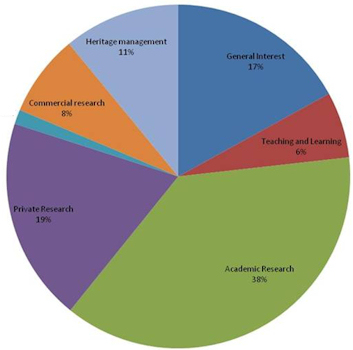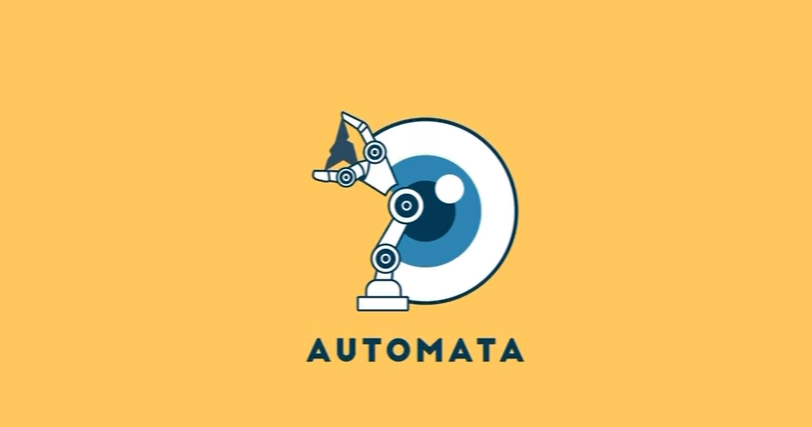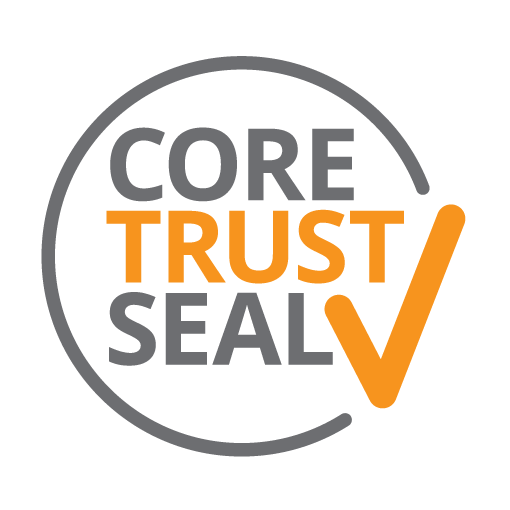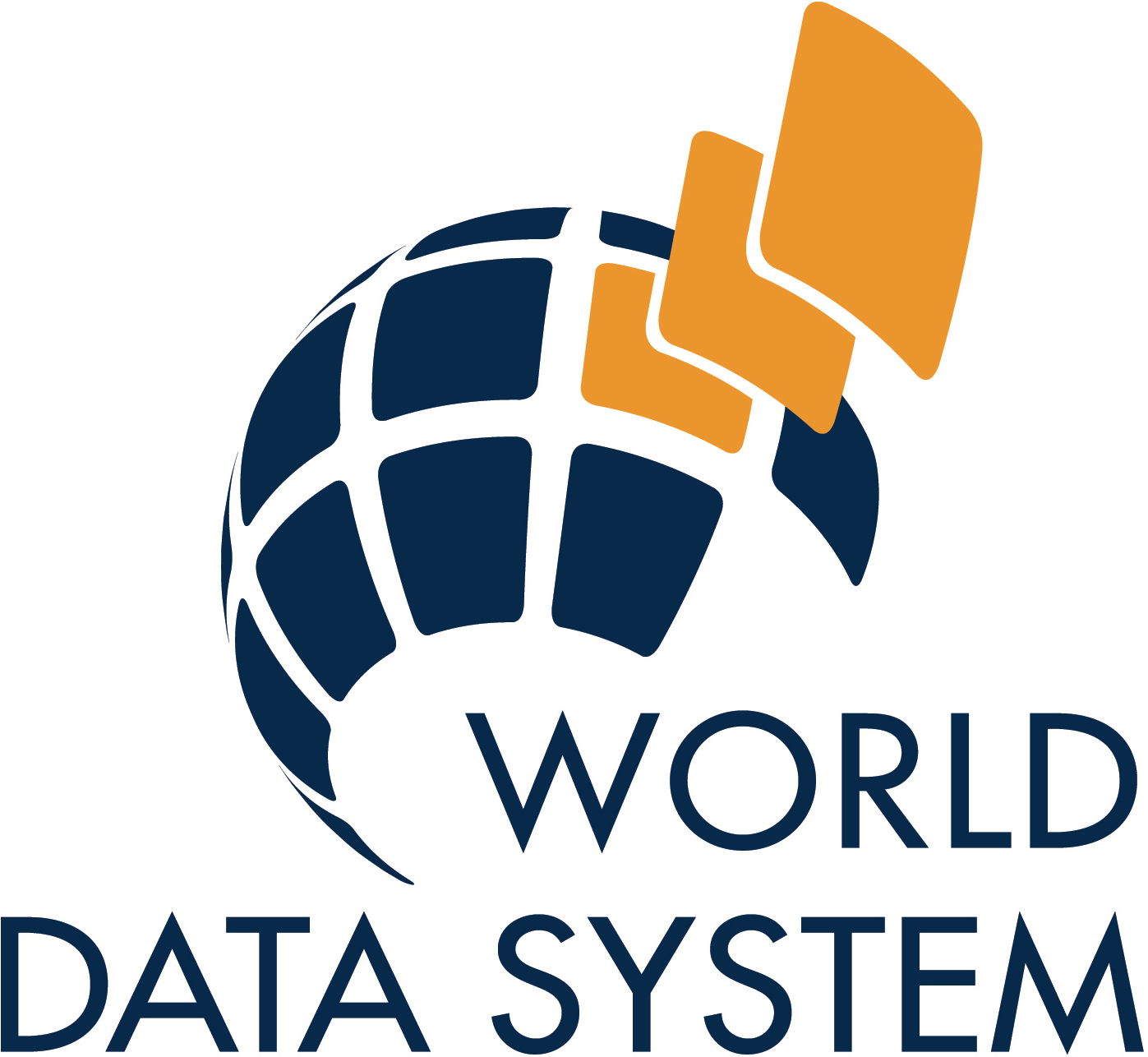Funded by the JISC Enhancing the Sustainability of Collections Programme and undertaken in partnership with Neil Beagrie of Charles Beagrie and Professor John Houghton of the Centre for Strategic Economic Studies (CSES).
Read the project blog post here Impact Project Blog.
Objectives
This project tested a range of methods for measuring impact, collecting baseline data and suggested methods that may be used by others in the future. The project critically evaluated and extended approaches e.g. economic models for returns to R&D investment, or contingent valuation using revealed preference techniques. Using 15 years of ADS statistics, how return on investment has changed with the growth of the collections or application of economic methods such as “perpetual inventory” to data collections was explored. This will broaden the application of methods beyond established data services to other digital infrastructure in the JISC community.
The full project workplan is available here: Project Workplan PDF.
Summary

The project analysed and surveyed perceptions of the value of digital collections held by the Archaeology Data Service and how those perceptions of value can be measured. As part of this work, the project assessed and quantified the economic impact of the collections with the ultimate objective of improving their prospects for sustainability. A range of methods and sources of data were explored, including data from 1996-2011 on the growth of collections and users at ADS and how return on investment grows with the collections. A focus of the project was disseminating the findings and recommendations to the wider JISC and research data communities. Although a number of studies have looked at methods of determining cost benefit and broad indicators of value, there remain significant challenges in establishing baseline data for measuring this in any quantitative way and there are still only a relatively small number of socio-economic studies focussing specifically on the impact of data services or research data infrastructure. The activity-based costing method is potentially useful for assessing the costs of a data service or its economic impact on the creators and users of the data it holds. This method is widely used in other sectors and has been taken up by the Keeping Research Data Safe (KRDS) Activity Model for research data. The KRDS Activity Model has been tested against a range of research data services and a set of broad heuristics for research data archiving costs were established. The perceptions of all relevant stakeholders will be explored via surveys and selective follow-up interviews. The perception of value included qualitative as well as quantitative measures and economic as well as non-economic factors. The methods and findings were described in a series of dissemination activities to stakeholders including newsletter articles, conference presentations, and a project workshop. The project also critically evaluated the process and assessed the lessons learnt to formulate recommendations, advice and guidance to the wider JISC and research data communities that has been disseminated via the final report and via presentations at relevant JISC events and conferences such as the IDCC conference.
Outputs and Outcomes
The main project outputs of the project were:
- A project workplan (PDF) (including WP Descriptions);
- A project webpage to effectively support the project;
- A benchmark value perception report based on the results of the interviews and survey;
- An interim progress report (PDF);
- Dissemination outputs to ADS stakeholders in the form of a poster (PDF) and leaflet (PDF);
- Dedicated project workshop (PDF) which will be open to the wider community;
- A post-dissemination activity value perception report (PDF);
- A final report including a description of measures undertaken, an analysis of their impact, and recommendations to JISC and the community (PDF);
- A completion report.





